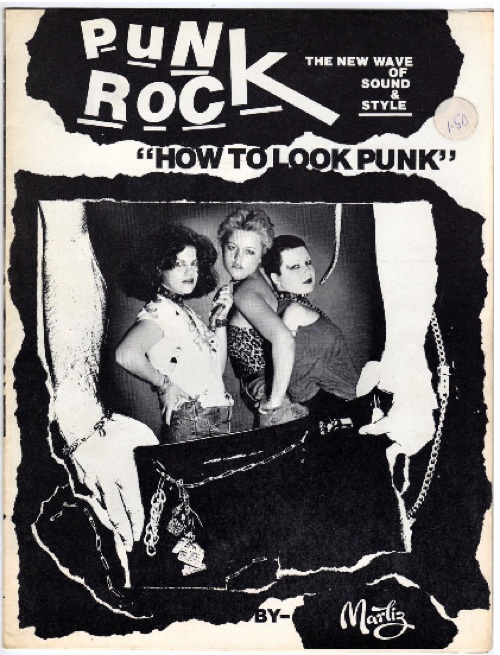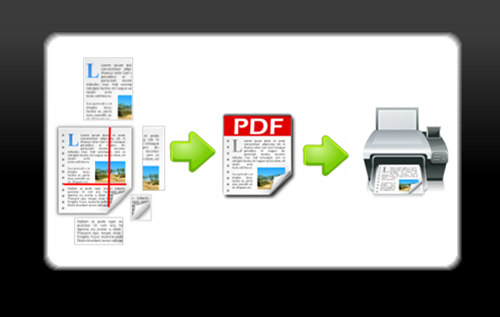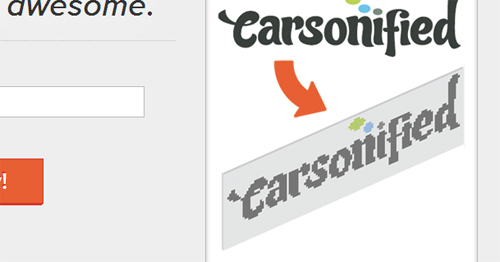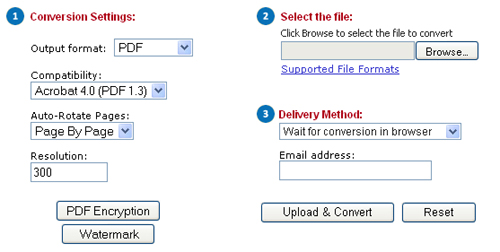- Article history
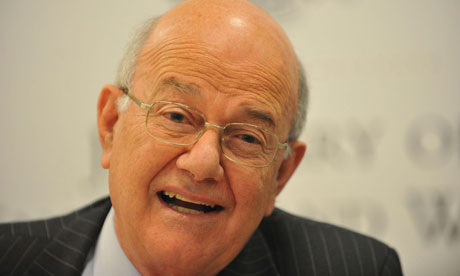
The footballer's legal team began its action in London on Wednesday. There is a suspicion that a media company may be linked to the postings on Twitter, which were put up nearly two weeks ago. But the name of the footballer was spreading even more rapidly across Twitter in defiance of the court injunction, setting the stage for a confrontation between the judiciary and cyberspace. Earlier Lord Judge – welcoming a juridical report on superinjunctions – said readers placed greater trust in the content of traditional media than those "who peddle lies" on websites. He urged that ways be found to curtail the "misuse of modern technology", in the same way that those involved with online child pornography were pursued by the police. "Are you really going to say that someone who has a true claim for protection perfectly well made has to be at the mercy of modern technology?" he asked. The lawsuit lists the defendants as "Twitter Inc and persons unknown". The "persons unknown" are described as those "responsible for the publication of information on the Twitter accounts".
Lawyers have applied for a court order that could force Twitter to hand over the name, email address and IP address of the person behind the account, the Guardian understands. The orders – known as a Norwich Pharmacal orders – are commonly used in illegal filesharing cases. The Guardian understands that the claim form, filed to the high court by the footballer's legal team, will not be made public until next week. Earlier this month, an unknown person or individuals published on a Twitter account the names of various people who had allegedly taken out gagging orders to conceal sexual indiscretions. The account rapidly attracted more than 100,000 followers.
Twitter said: "We are unable to comment." The London-based law firm representing the footballer had also not responded to a request for comment at time of publication. Twitter and other social networks were accused of making "an ass of the law" by the culture secretary, Jeremy Hunt, and politicians after a number of celebrities with injunctions were allegedly exposed online. The socialite Jemima Khan was among those alleged on Twitter to have obtained an injunction. Khan described as a "bloody nightmare" rumours suggesting falsely that she had obtained a gagging order to prevent publication of "intimate photos" of herself and the TV presenter Jeremy Clarkson.
Twitter has in the past said that it "strive[s] not to remove tweets on the basis of their content", but that it would remove "illegal tweets and spam". Previous defamation claims against the search engine Google failed on the grounds that it is not a publisher and not responsible for the contents of the blogs and articles listed in its search results. Richard Hillgrove, the owner of Hillgrove PR, which provides advice to celebrities, said that Twitter needed to be made as accountable as any other medium. "It has gone from 'the back bedroom' to mainstream medium. "Celebrities are being held to account if they Tweet commercial interests. It works both ways," he said.


